January Gardening Tips and To-Dos for the Pacific Northwest
You would be surprised by how many January gardening to-dos need to be worked on in your Pacific Northwest garden. It may be a cold and rainy month but it’s time to get back in the garden again! Follow along as I share my tips and gardening checklist for the month of January.
These essential gardening tips will set the stage for a thriving early spring garden. From soil preparation to planting cold-weather crops and pruning trees and shrubs, here’s your guide to the Pacific Northwest gardening in the heart of the winter.
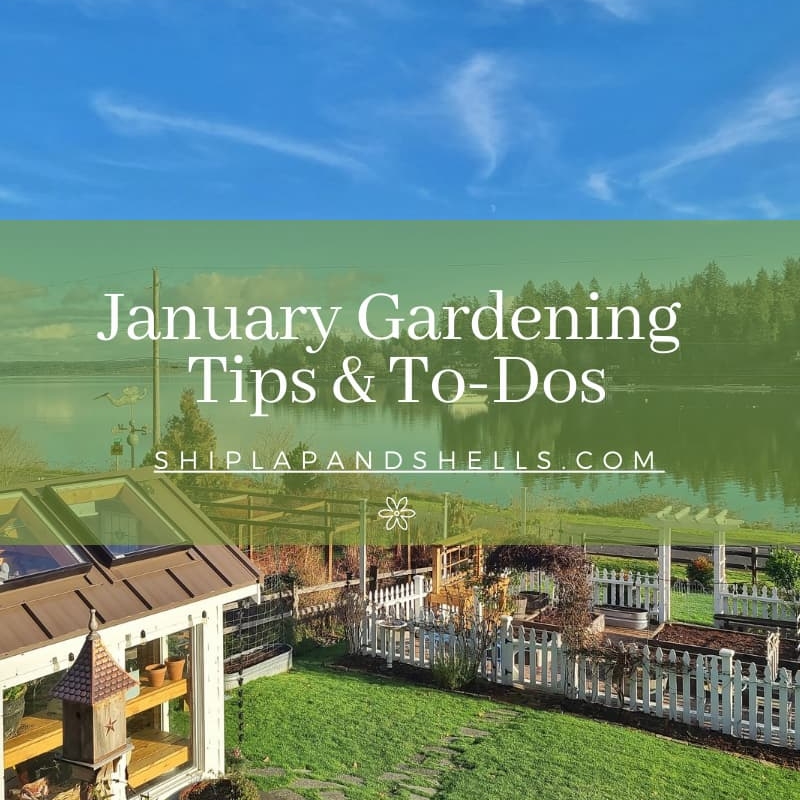
As an Amazon affiliate, I earn from qualifying purchases at no extra cost to you. My blog contains other affiliate links as well for your convenience. Click here to read my privacy policy.
I’m a self-taught hobby gardener. Everything I share on my blog is my opinion and what has worked for me.
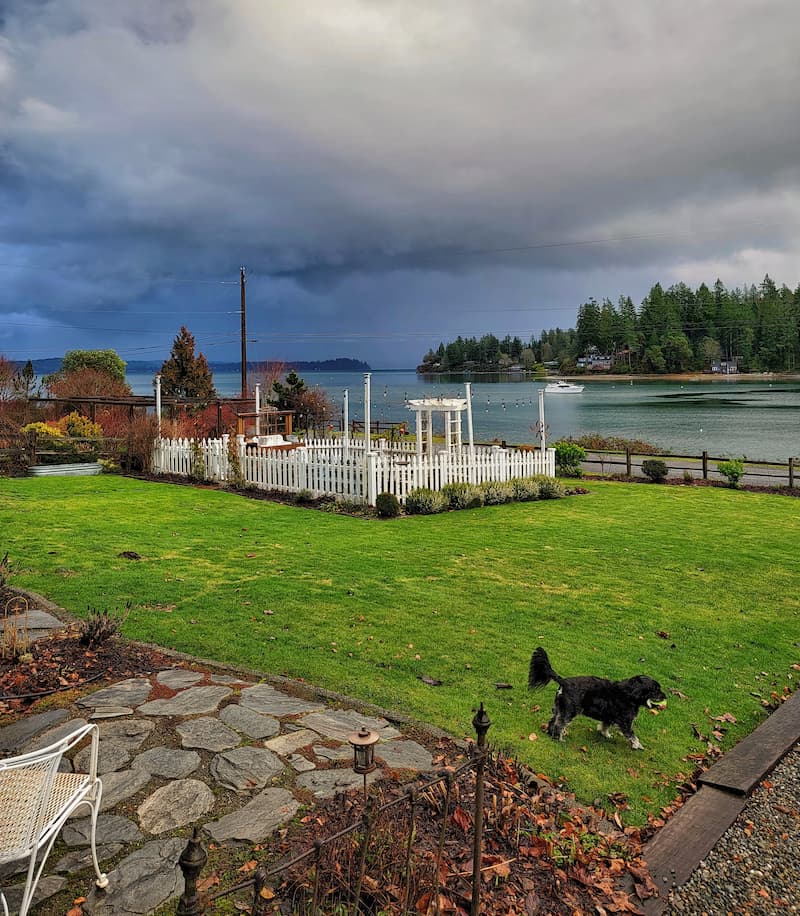
It’s January, the beginning of a new gardening season.
The garden may not be your favorite place to hang out at this time of year, with the wet weather and winter temperatures, but it is a good time to get a jump start on planning and getting ready for the upcoming growing season.
The last time I spent any time in my garden was in early November, so I’ve missed it quite a bit.
The good news is that many Pacific Northwest gardens experience mild winters compared to much of the country so you may find some sunny days here and there when it feels a little more comfortable to be outdoors in your winter garden.
Here are some January gardening tips and things to do to get your garden ready for the upcoming garden year.
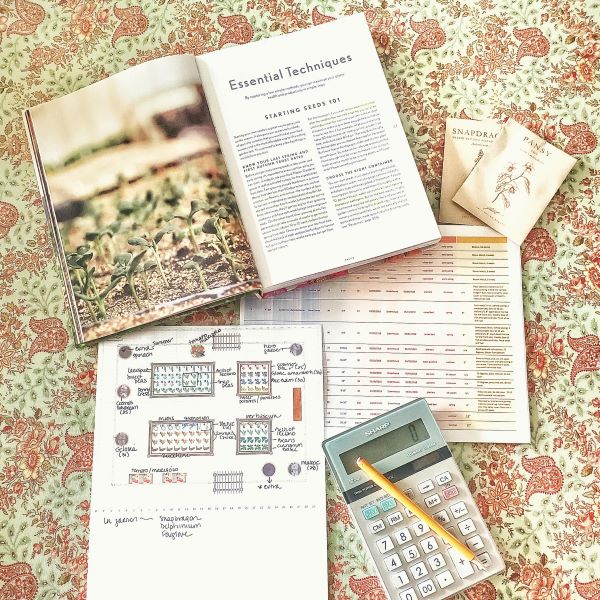
Start Planning This Year’s Garden and Place Orders
Map Out Your Garden
Mapping out your garden in January is an important part of the garden planning process.
Preplanning garden beds give you a better idea of:
Crop Rotation
Vegetables should be rotated every year. Crop rotation not only prevents the build-up of soil-borne pests and diseases but also allows nutrients in the soil to be replenished.
Members of the same plant family shouldn’t be planted in the same garden space more than once every 3-4 years.
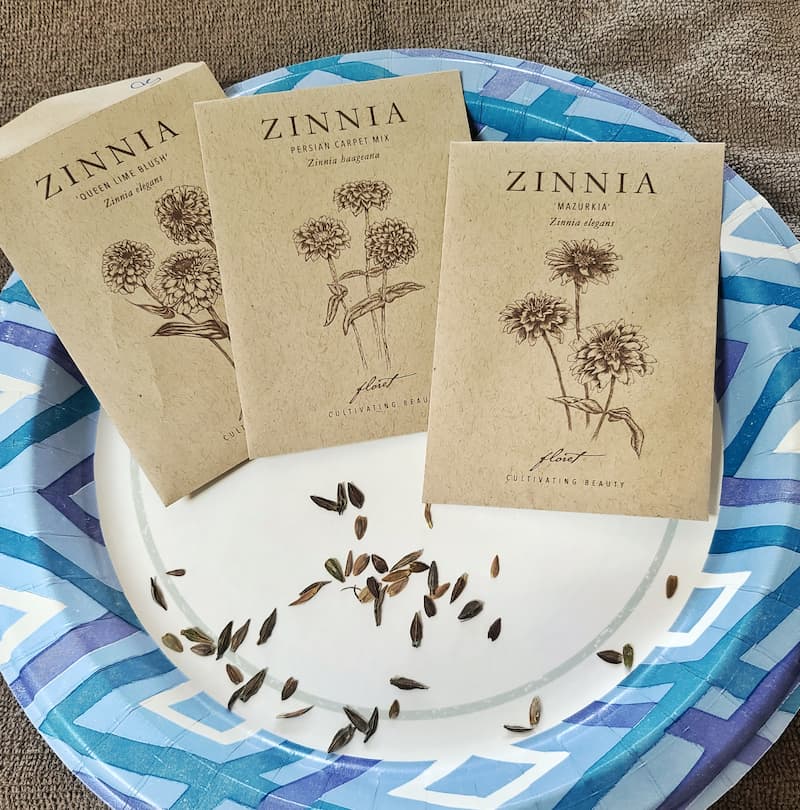
Choose Your Garden Seeds
If you haven’t already determined which varieties of annual flower and vegetable seeds you’ll be sowing this year, now is the time to make a decision and order your new seeds.
Before you decide which seeds to buy, here are a few things you should do first:
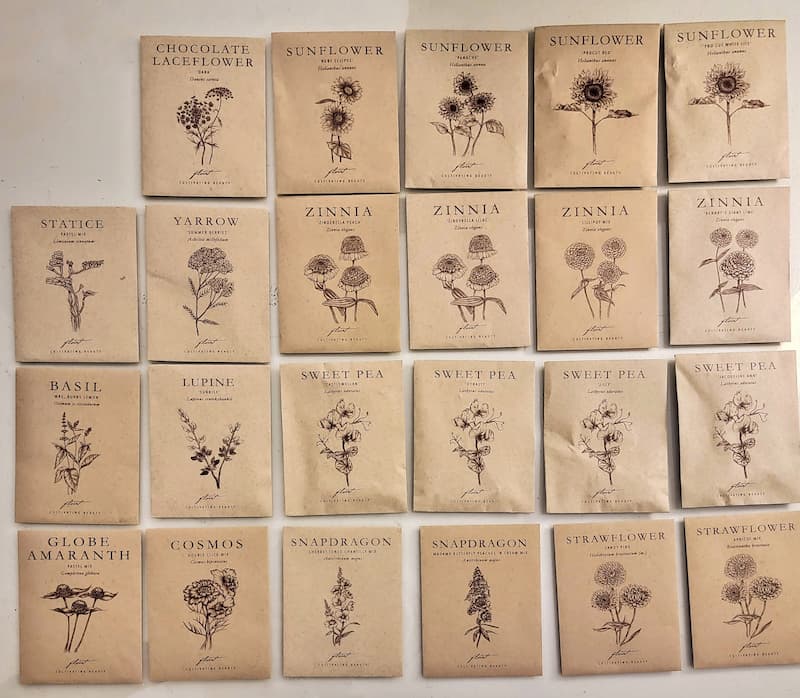
Seeds that are more than 3-4 years old or those that haven’t been stored properly often have germination rates below 50%.
Look for the packaging date printed on the seed packets, and then compare how old your seeds are to this seed viability chart for flowers, vegetables, and herbs.
Here are the flower seed selections I have made in the past…
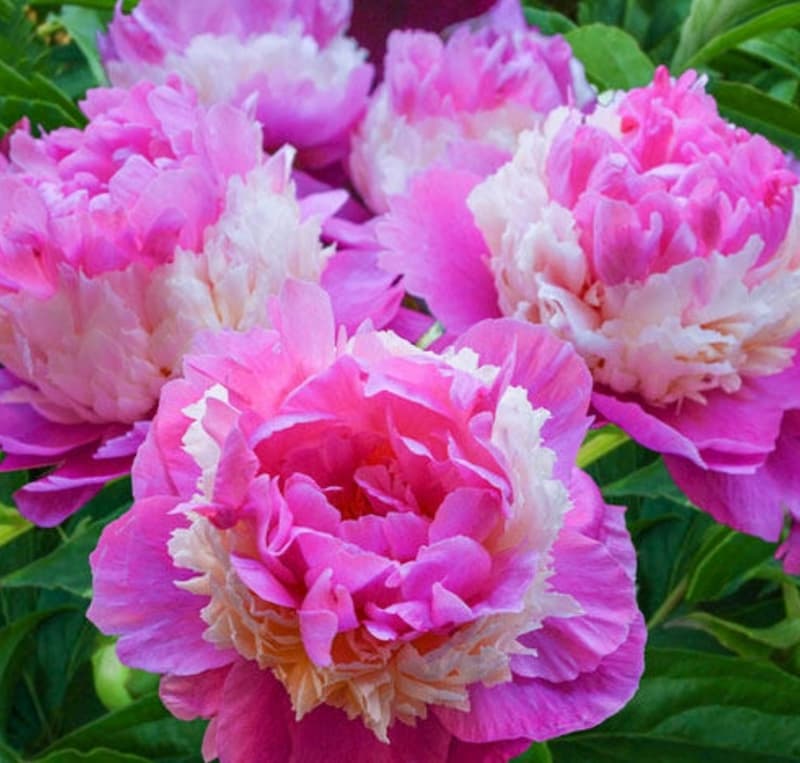
Order Bare-Root Fruit Trees and Plants
Order any bare-root trees and plants you want to grow in the garden this year in January or February. They will be shipped to you when it’s the right time to plant them in your area before they begin breaking dormancy.
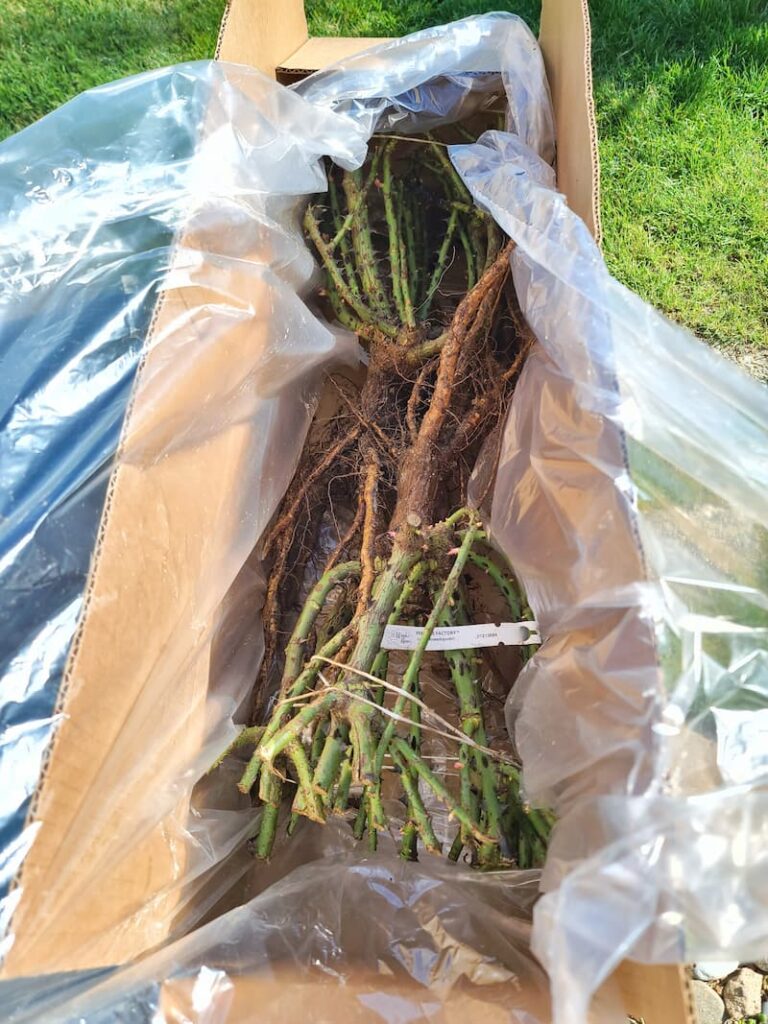
What to Plant for the Pacific Northwest in January
Bare-Root Roses
Start planting bare-root roses in the garden during the winter months, as early as late January through March.
Bare-Root Fruit Trees
It’s important to plant bare-root trees before they break dormancy.
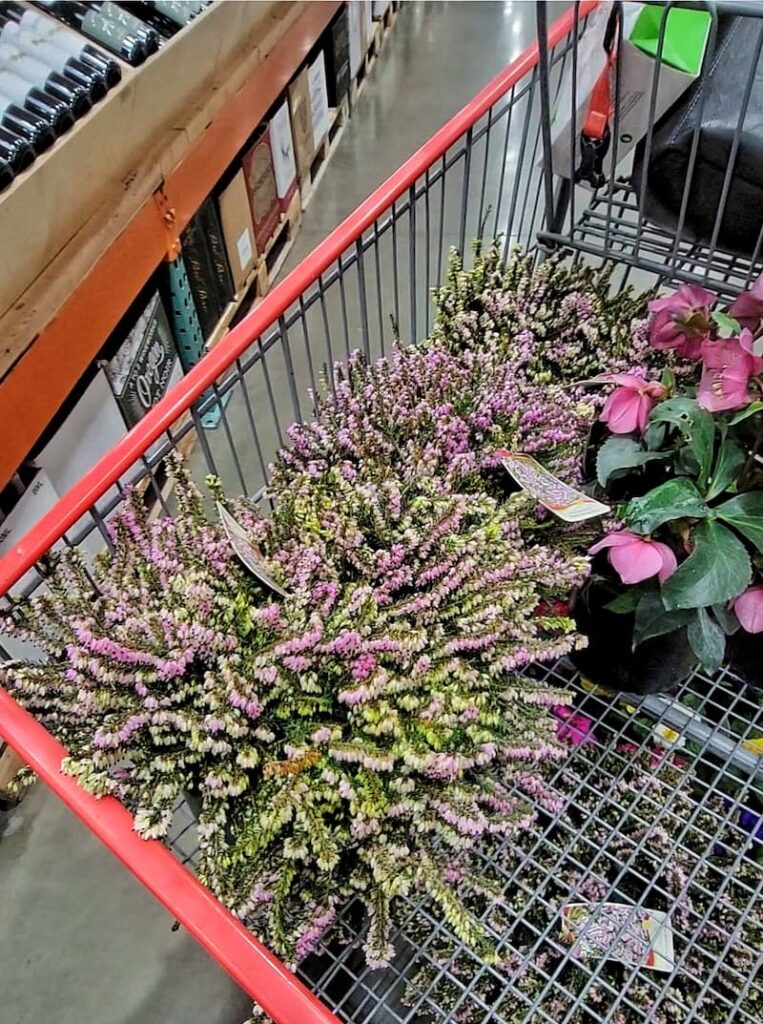
Evergreen Shrubs and Grasses
Add shrubs and evergreen grasses to your winter landscape.
Hellebore (also known as a Christmas rose) and heather are perfect for winter interest and will add a much-needed bloom of color to your Pacific Northwest garden this January.
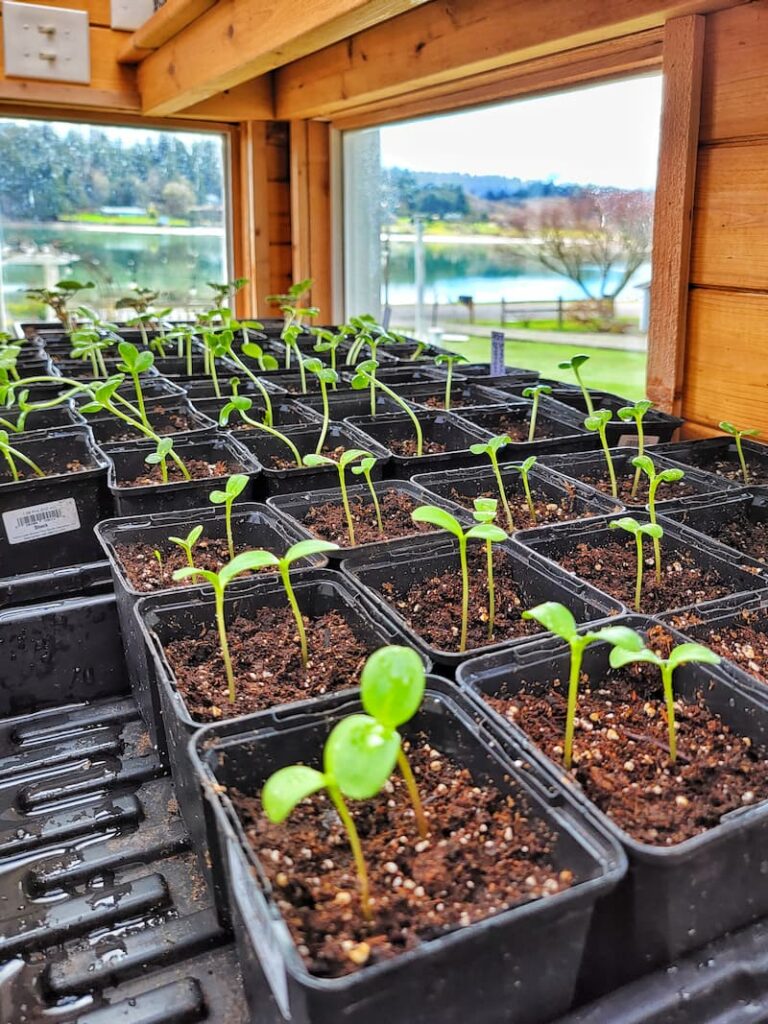
Cut Flower Seed Sowing Indoors
Snapdragons and sweet pea seeds can be sown indoors, depending on your last frost date.
Here’s a great resource for checking your average last frost date. You can also use the seed sowing calculator for more timing info on seed sowing.
Cold Weather Crops
You can start sowing some winter crops indoors in January.
Grow early crops such as arugula, broccoli, cabbage, chives, eggplant, kale, rosemary, oregano, parsley, sage, and thyme indoors in January.
In late January/early February you can sow eggplant, peppers, and tomatoes.
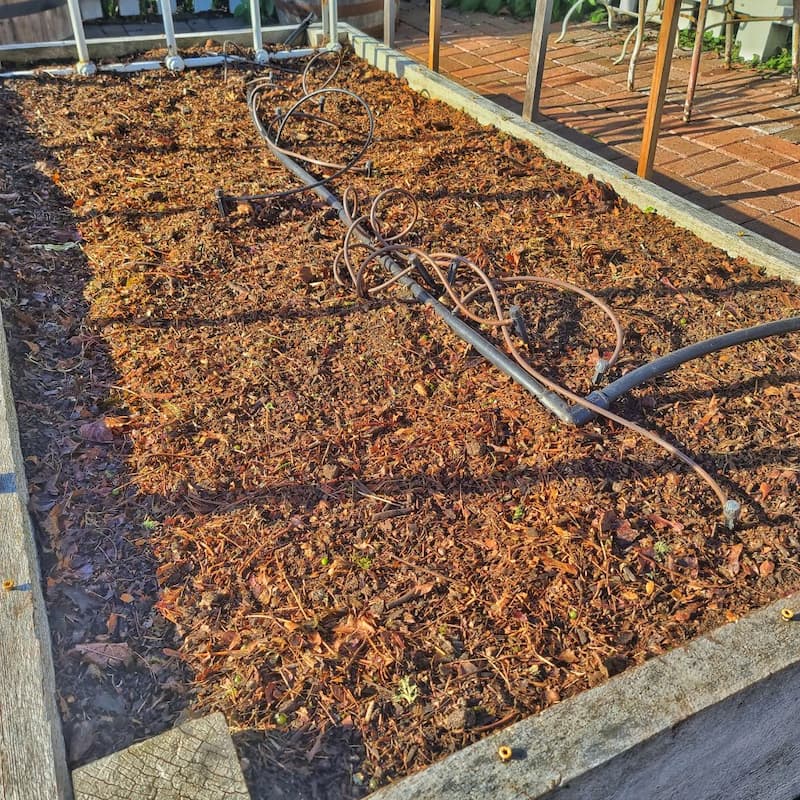
Test the Soil in the Garden
Winter is a good time to test your soil to find out which amendments it may need before spring planting.
You can test the soil yourself with a soil test kit or by a specialty lab. Floret Flower Farm has a great article that outlines its soil fertilization and testing techniques.
Once you have an idea of the soil you’re working with you can start adding organic matter to your garden area to will help improve water retention, provide essential nutrients for plant growth, and reduce weed growth.
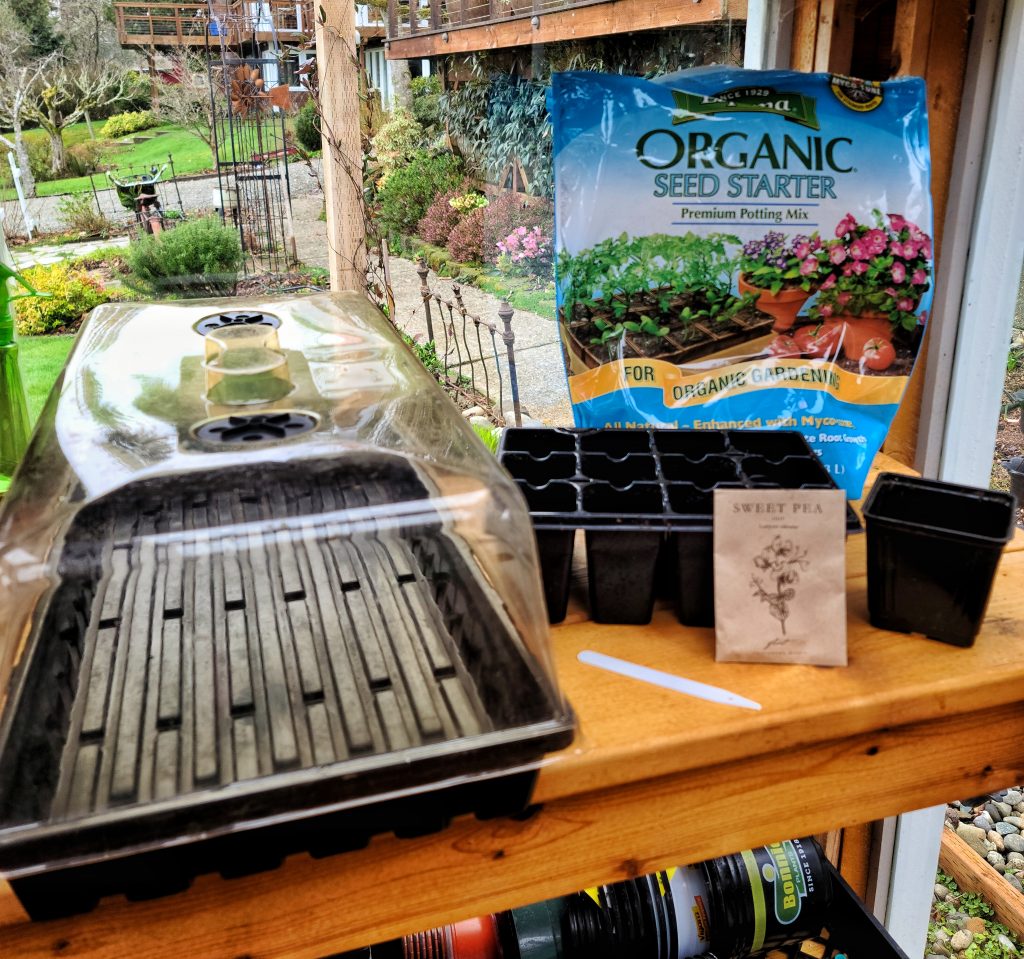
Prepare for the Seed Starting Process
It’s hard to believe but I will be seed starting at the end of January so it’s important to be ready to go in just a few weeks.
I start seeds indoors for sweet peas and snapdragons first in the greenhouse this month.
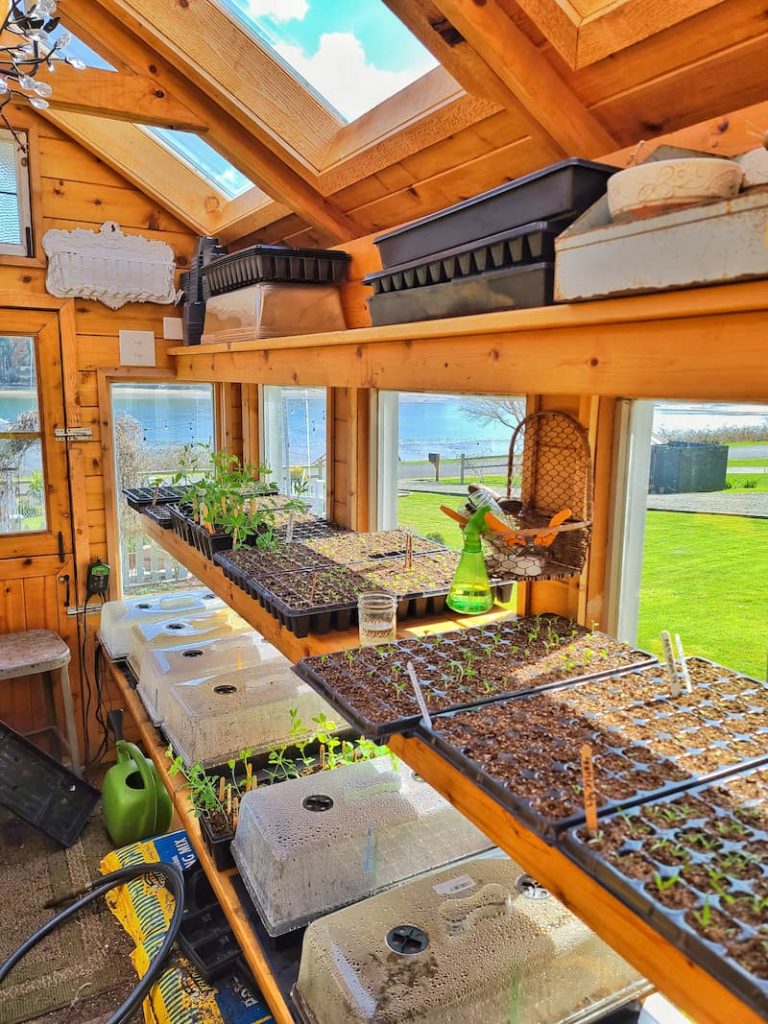
Clean Workspaces, Containers, and Tools
Prepare your greenhouse or indoor space to sow seeds. Clean your workspace, tools, and any pots or trays that you have previously used to grow seeds.
You can soak your containers in 9-part water and 1-part water solution to kill micro-organisms.
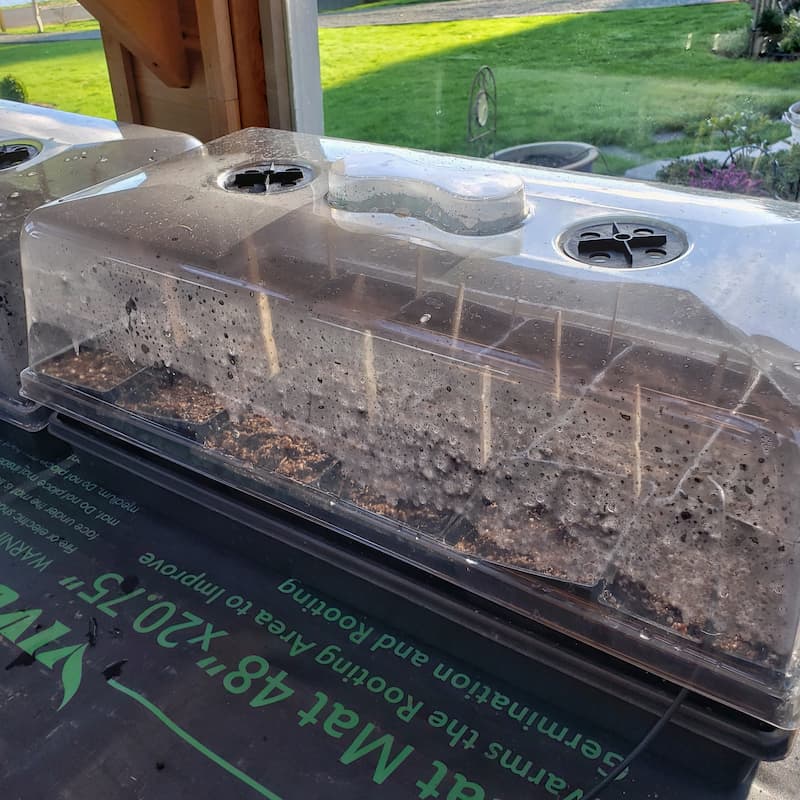
Inventory Your Supplies and Purchase What You Need
It’s a good idea, if you haven’t already, to take an inventory of your seed starting supplies and purchase what you will need. Order now due to shortages and extra shipping times.
January is a great time to stock up on potting soil, seed starting mix, peat moss, and organic pest control products.
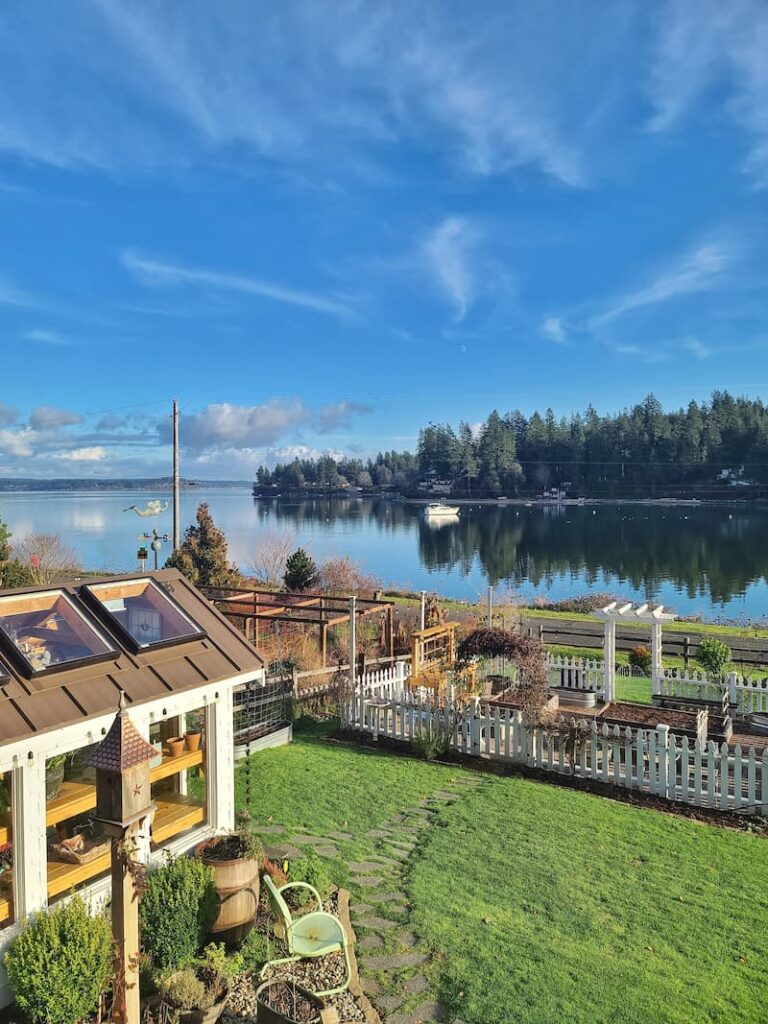
January Garden Maintenence
Prune Trees
Start pruning dormant fruit trees, shrubs, and grapevines to:
Trim Dead Perennials
Trim any perennials with dead or diseased branches and dead canes from rose bushes.
Spray Fruit Trees
Spray fruit trees with horticultural or dormant oil as preventive pest management. Spraying in winter when other beneficial insects are not around is important.
Clean and Sharpen Gardening Tools
January is a great time to clean and sharpen your garden tools now so they will be in top working condition when you need them in another month or so.
Other January Garden Chores
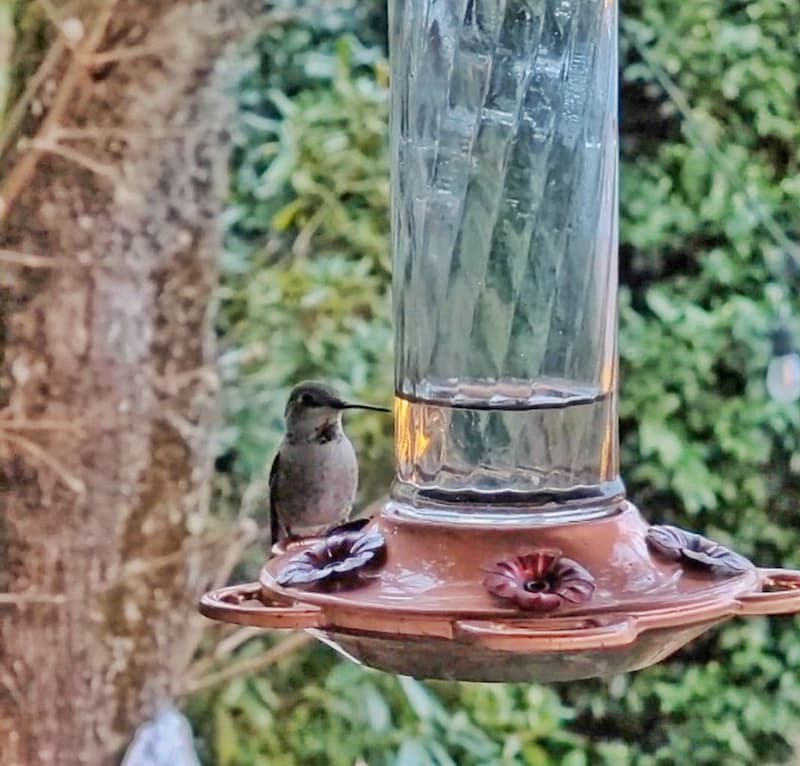
Don’t Forget to Feed the Birds in January
Fill the bird feeders throughout your winter garden.
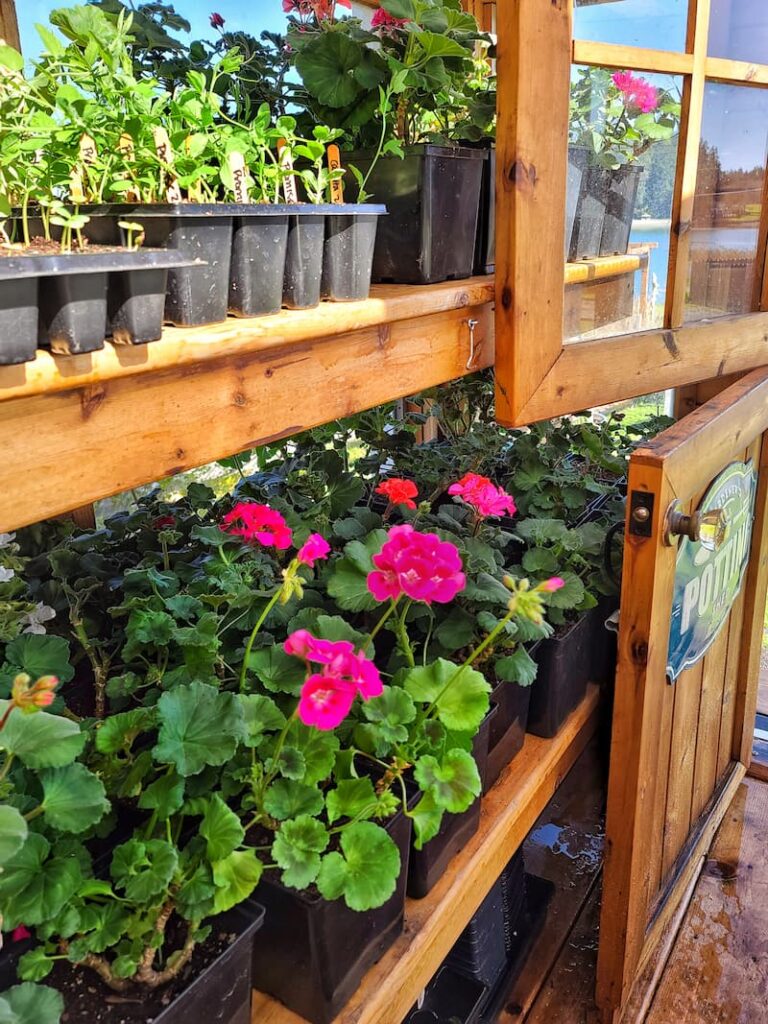
Check on Overwintering Plants and Tubers
If you are storing bulbs, tubers, or corms indoors, check to make sure that they aren’t too dry or rotting.
Check on any plants that you are overwintering, such as geraniums, to make sure they are not too dry and cut off any areas that may be diseased to keep them from spreading to the other parts of the plant.
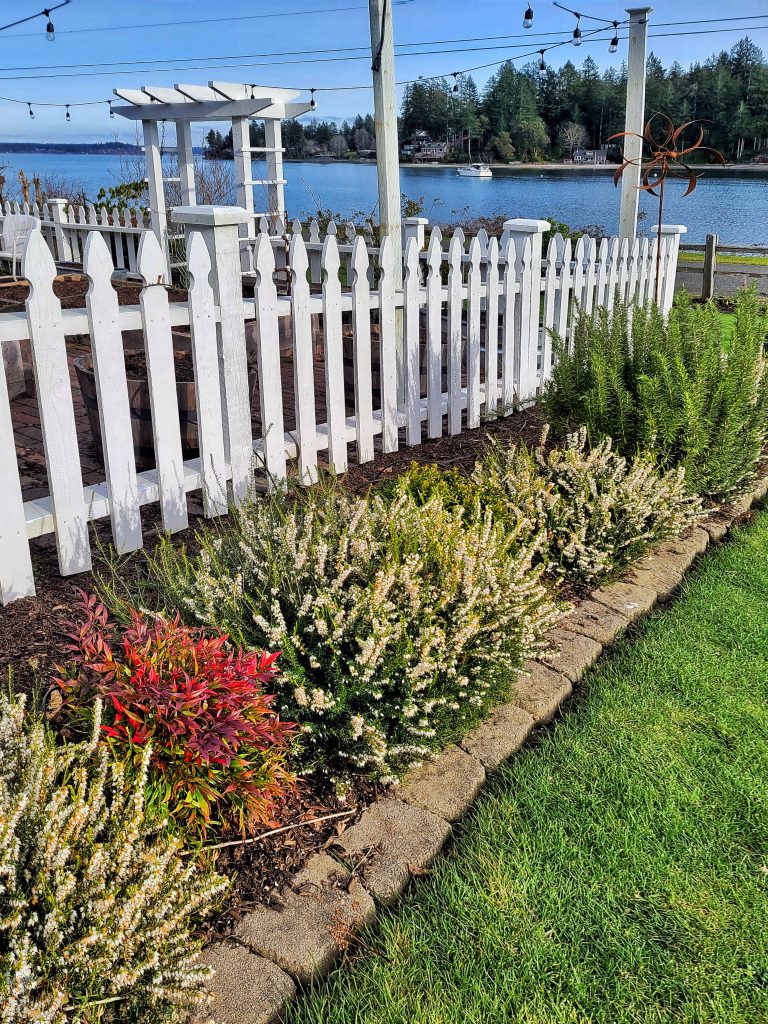
Walk the Garden for Issues
Push down any bulbs or perennials that are coming out of the soil. Alternating freezing and thawing weather, hard rains, and irritating moles can cause bulbs and perennials to pop up out of the ground which can expose their roots and dry them out and die.
Replace mulch around the plant if needed.
‘Growing a Cut Flower Garden’ Series
Learn about the ins and outs of growing a cut flower garden this year. Click the button below to be taken to the entire series of blog posts and choose what is interesting to you.
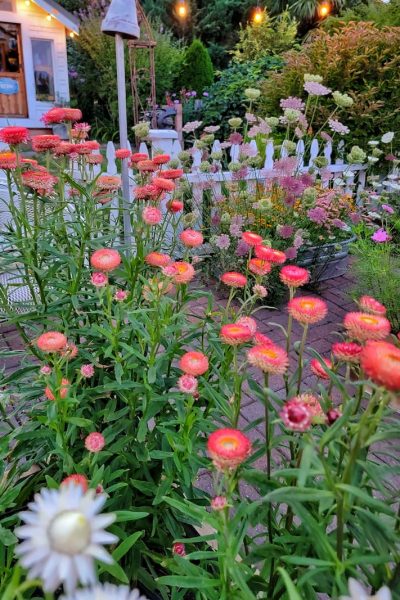
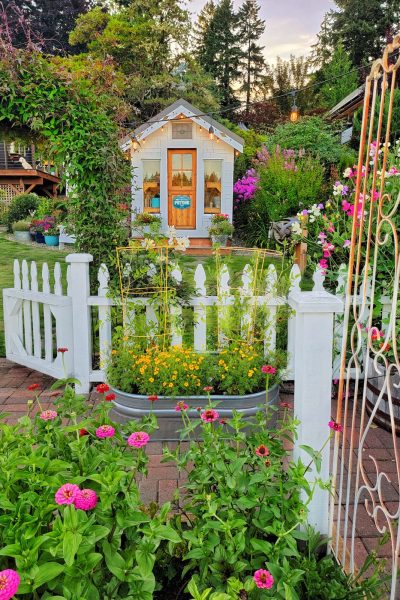
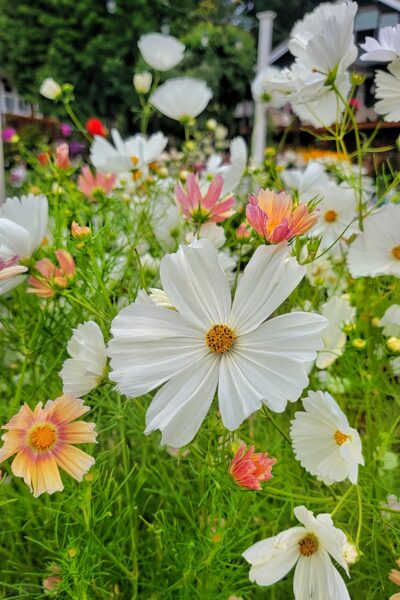
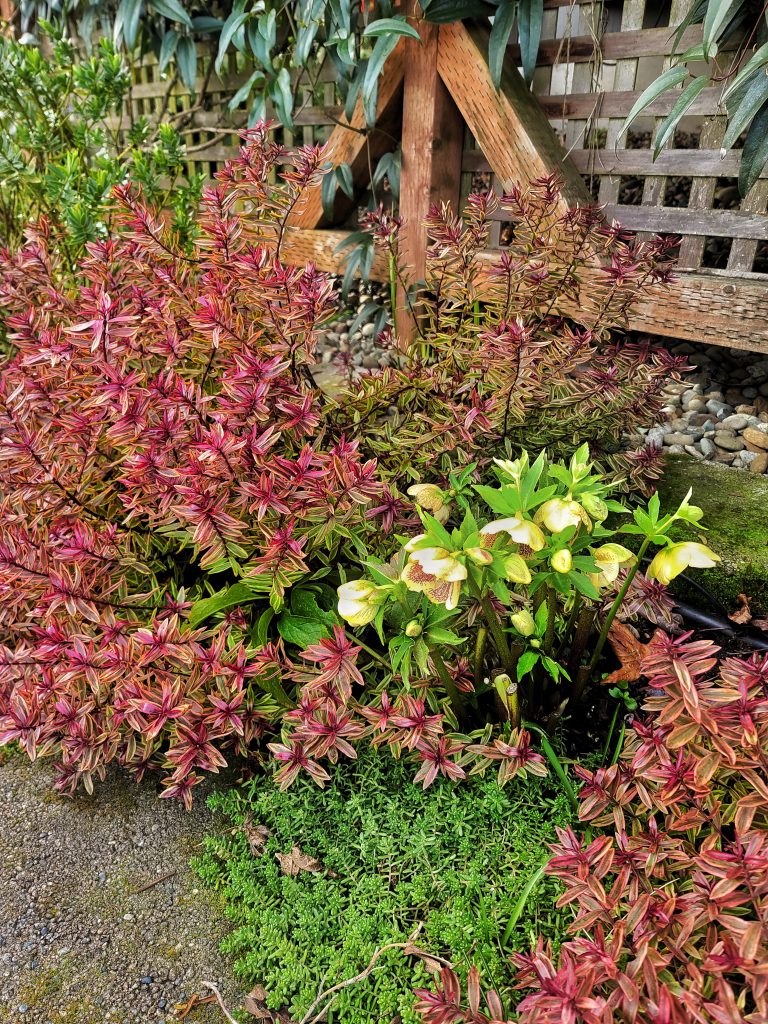
I hope this gives you an idea of the gardening to-dos that need to be done here in the Pacific Northwest in January.
Don’t let the cold weather fool you. There’s plenty of work to do to get ready for a beautiful and healthy Pacific Northwest garden this year.
You can see a map of the USDA zones HERE.
If you have any questions or additional suggestions, feel free to share them in the comments below. And be sure to share this blog post link with anyone who may find these gardening tips useful.
Until next time,
Happy January!


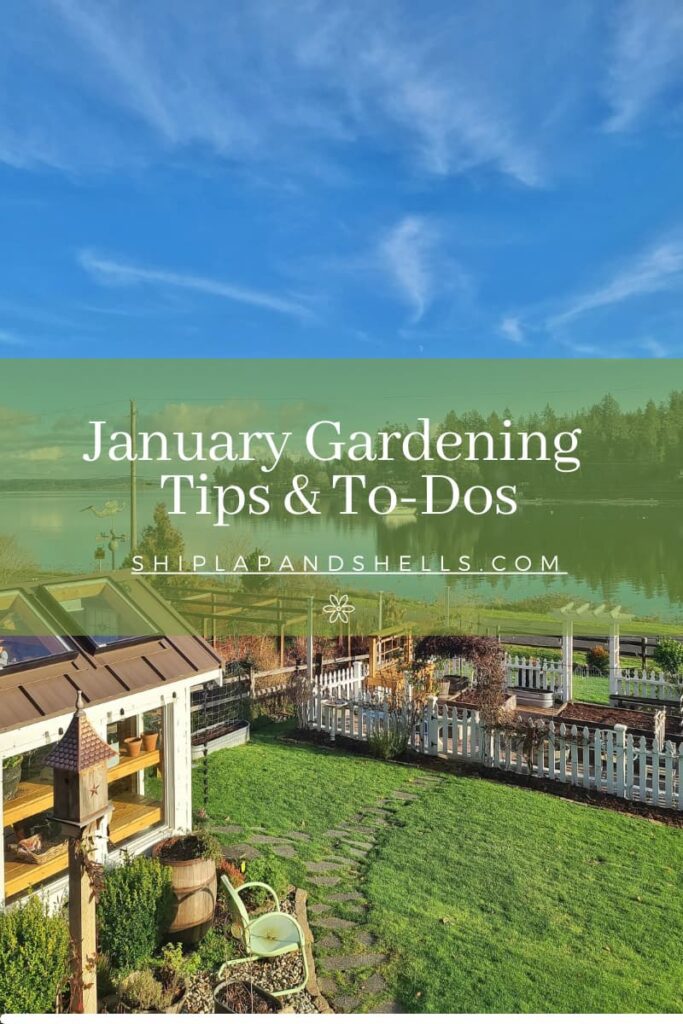
Follow Me for More Inspiration
Shop my Amazon Storefront, my LTK sources, and my favorite home decor, garden, and lifestyle products. When you purchase from one of my links, I earn a small commission which helps me to continue sharing all the content you expect on my blog.
Be sure to follow me on Pinterest, Instagram, Facebook, TikTok, and LIKEtoKNOW.it. Do you like gardening? Join my Facebook Gardening Tips & Tricks group.


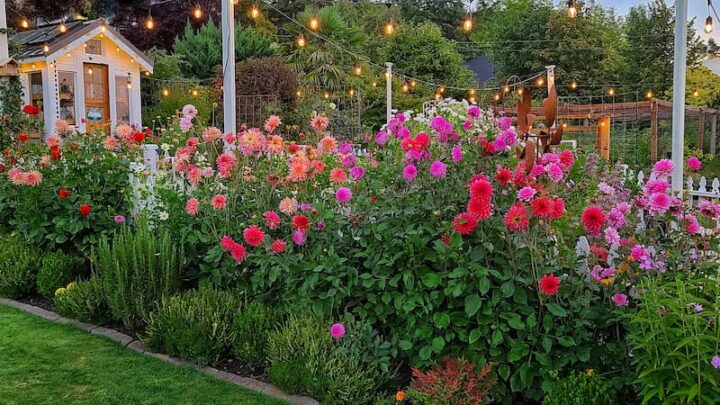
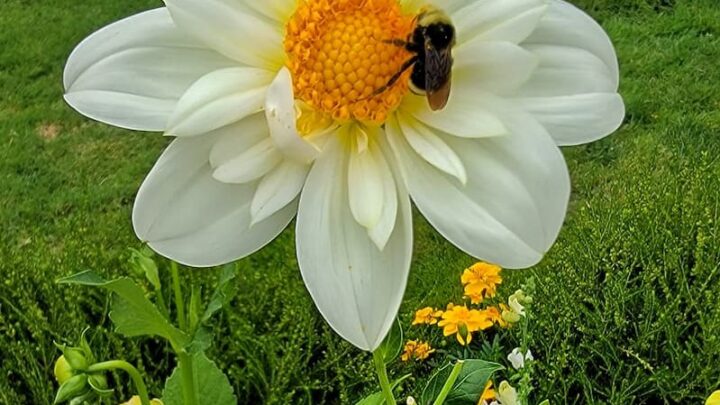
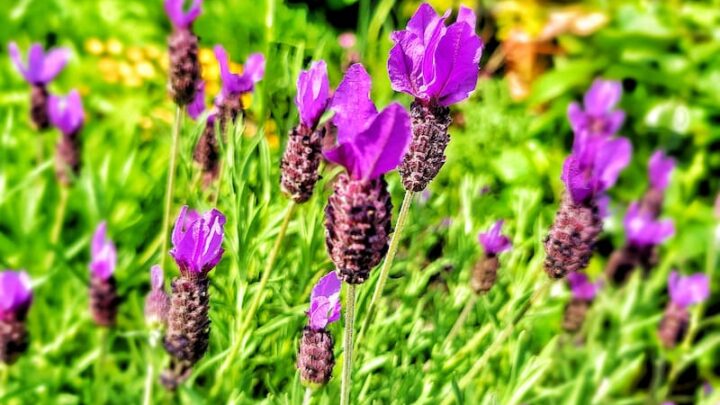
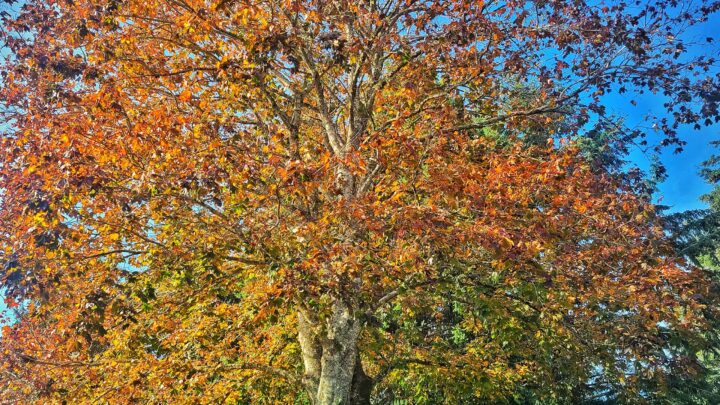
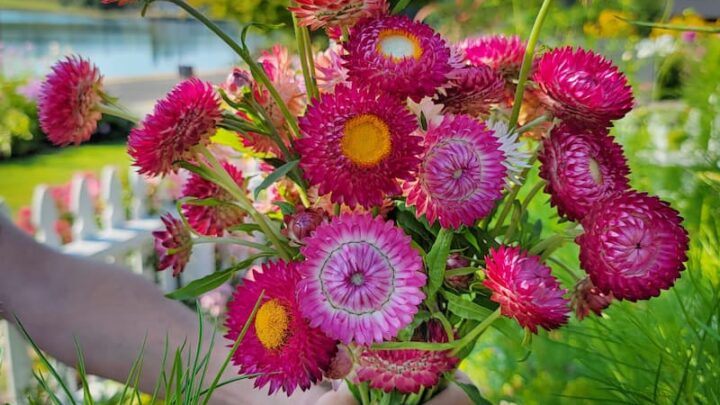
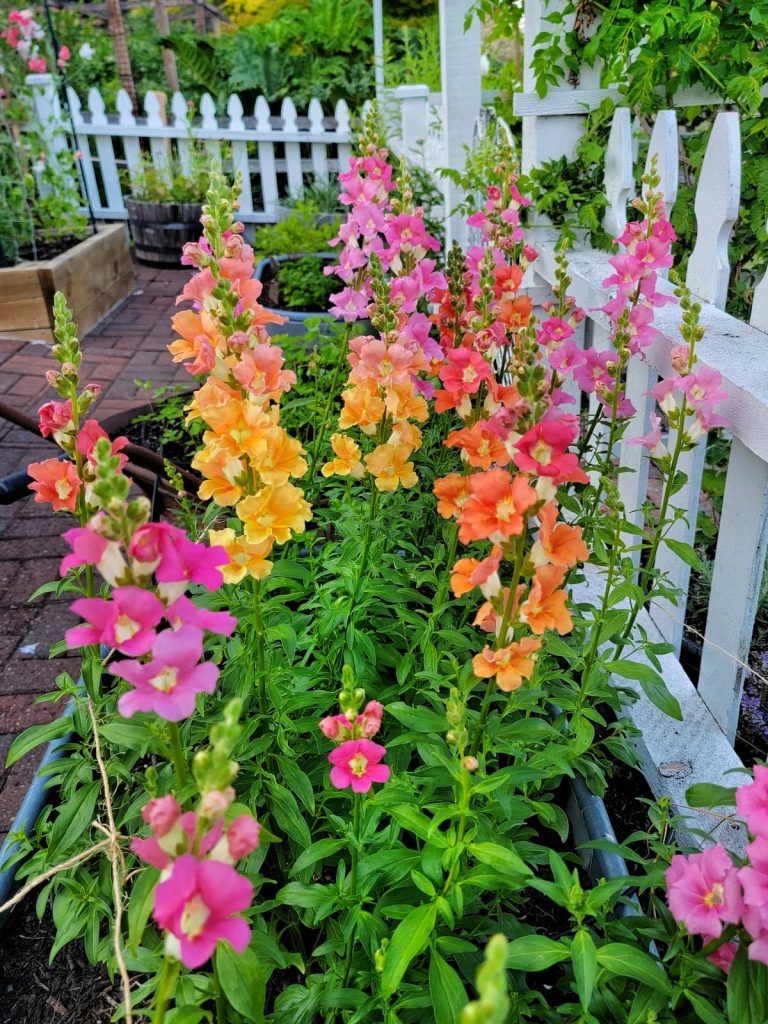
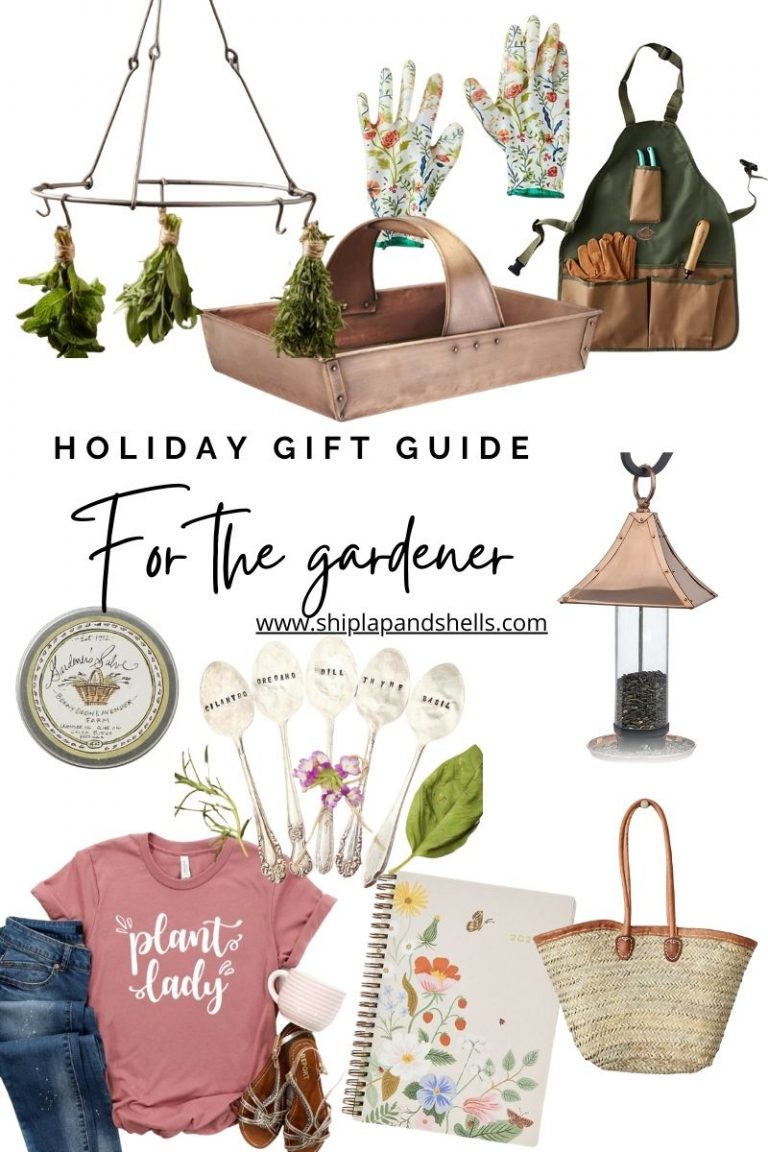
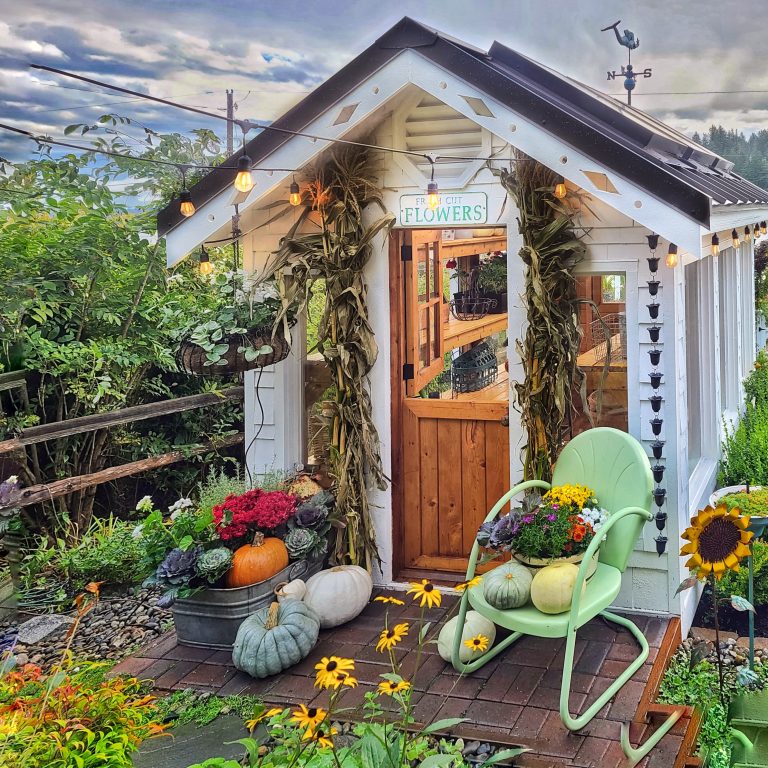
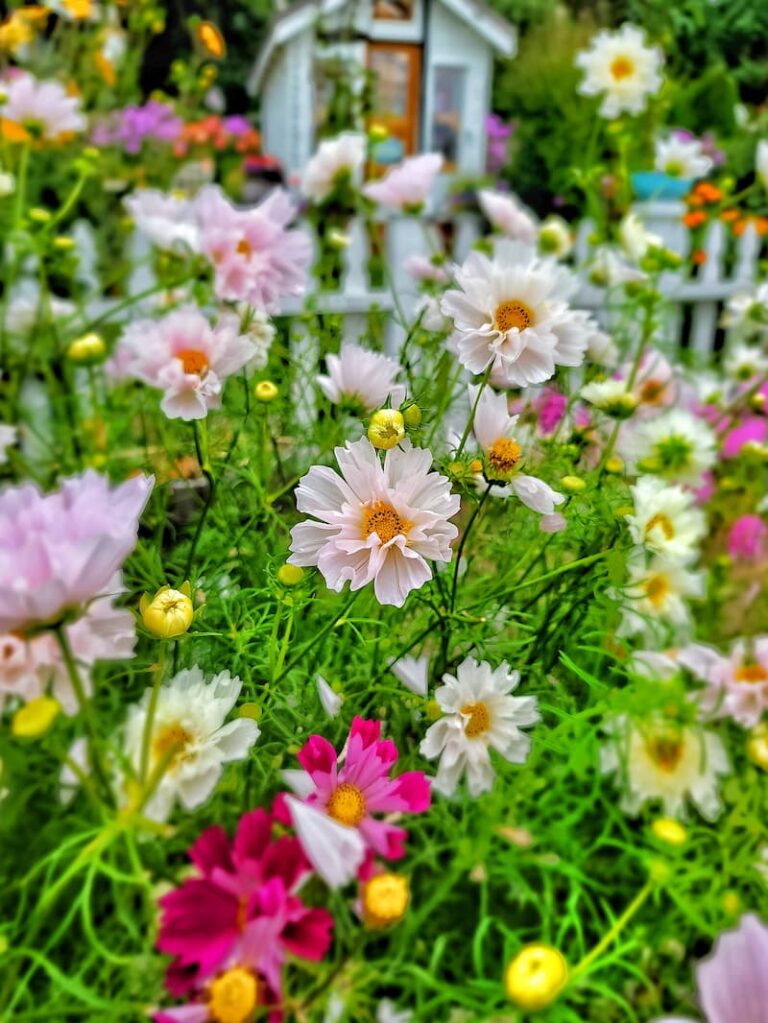

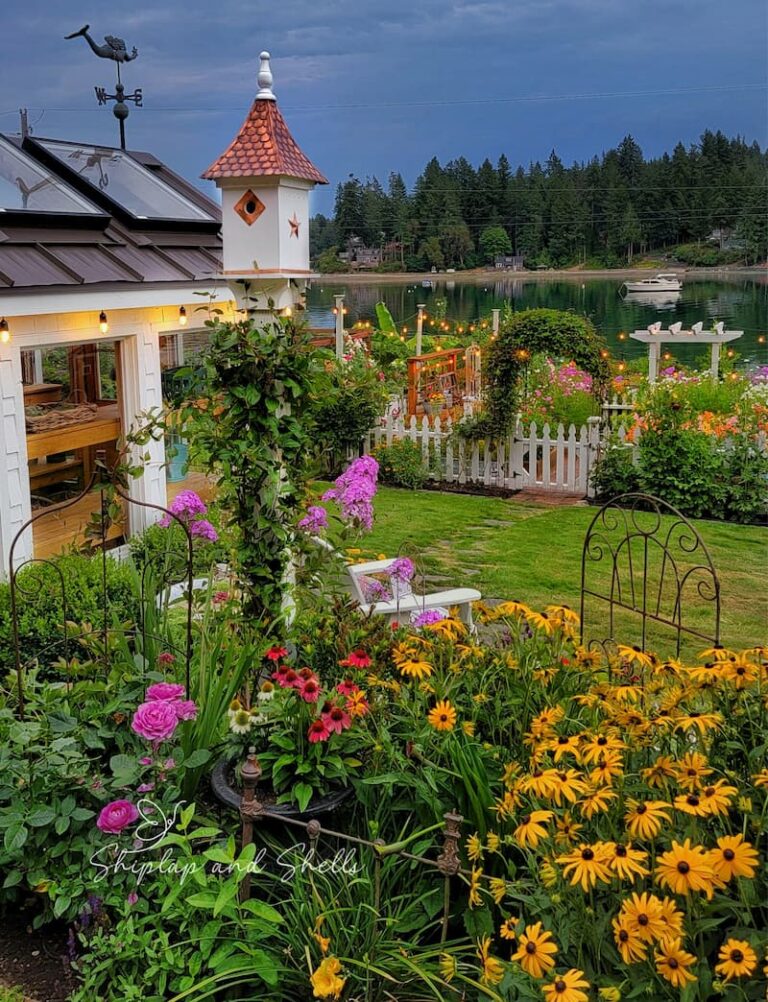
This is a great post. I would love to share it on my newsletter this week. Hugs to you.
That’s so sweet of you Renae. Thank you!
So very inspiring, and can’t wait to follow along in your journey. I’m contemplating gardening again this year… 🙂
Can’t wait to get started! I ordered my seeds this week!
I can’t wait to get started.
Love all your January garden tips! I’m hoping to get started on some soon. I can’t wait to start working in the beds this year. The 2022 season will be epic!!!
I am so looking forward to gardening again Stacy.